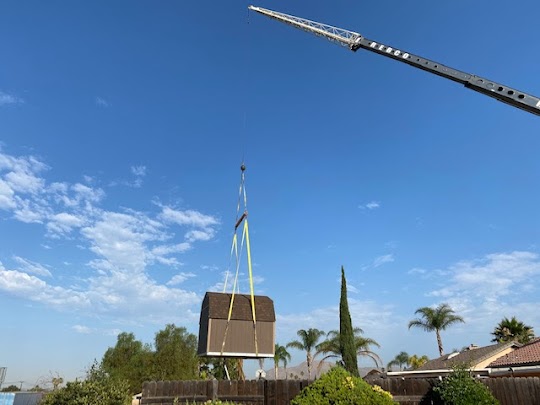No matter if you are hiring residential or commercial crane rental on your construction site, cranes standard must be fulfilled to remain in compliance. But who is responsible to ensure that the crane’s standard is fulfilled? Is it you or is the crane contractor? Is there anyone else who also needs to work closely to meet the crane’s standard on the construction site? In this blog, we will discuss all the personnel who need to follow cranes and are affected by cranes standard. So, without any delay, let’s find out the answers to all the above questions.
Who Needs to Follow Cranes Standard and Who Needs to Be Involved
- Crane rental companies who provide operators and maintenance personnel with the crane are required to furnish the duties that come under cranes standard. Thus, it is important to work with only experienced and reliable crane rental companies that stay updated with the latest crane standard and know how to fulfill it.
- An employer who uses cranes on a construction site is required to comply with the crane’s standard. Note that employers, not employees, are responsible to meet the requirements of OSHA’s standards, including the cranes standard.
- Other employers who have professionals on the construction sites where one or more than one crane are being used are responsible to ensure that their employees stay safe from possible hazards associated with cranes. Thus, they need to address all the requirements of the standard that can have an impact on the safety of their employees.
- Other entities and individuals are also explicitly covered under the crane’s standard to carry out certain tasks. For instance:
- Controlling contractors are mandated to ensure that ground conditions are sufficient and safe for crane usage.
- Utility owners or operators are required to provide voltage information if the construction site is in proximity to power lines under certain circumstances covered under §§1926.1407-1409. Employers are required to consult with utility owners or operators in the area when work needs to be done in proximity to power lines under §1926.1410.
- Crane inspectors also play a vital role and their duties are explained in §1926.1412. Only a qualified crane inspector can perform inspections of cranes, modified equipment, repaired or adjusted equipment, post-assembly, annual inspection, severe-service, and equipment that is not used regularly as per §1926.1401. And shift and monthly inspections must be carried out by a skilled professional as mentioned in §1926.1401.
- The Assembly or Disassembly Director is also assigned specific duties that are mentioned in §§1926.1402-1404 and §1926.1407 when it comes to assembly or disassembly that is done in proximity to power lines.
- The employer is responsible to ensure that signal personnel meet the qualification requirements in §1926.1428. The standard defines signal personnel’s duties in §§1926.1419-1422.
- Until the operator’s certification is issued and goes into effect, it is the duty of the employer to ensure that the crane operator is fully qualified to operate the crane.
Do you need to hire residential or commercial crane rental for your construction project? Contact Rebco Crane & Rigging Service, LLC. We have trained and certified crane operators and ensure that the crane’s standard is fulfilled and also help with obtaining relevant permits associated with the use of cranes on your site.

